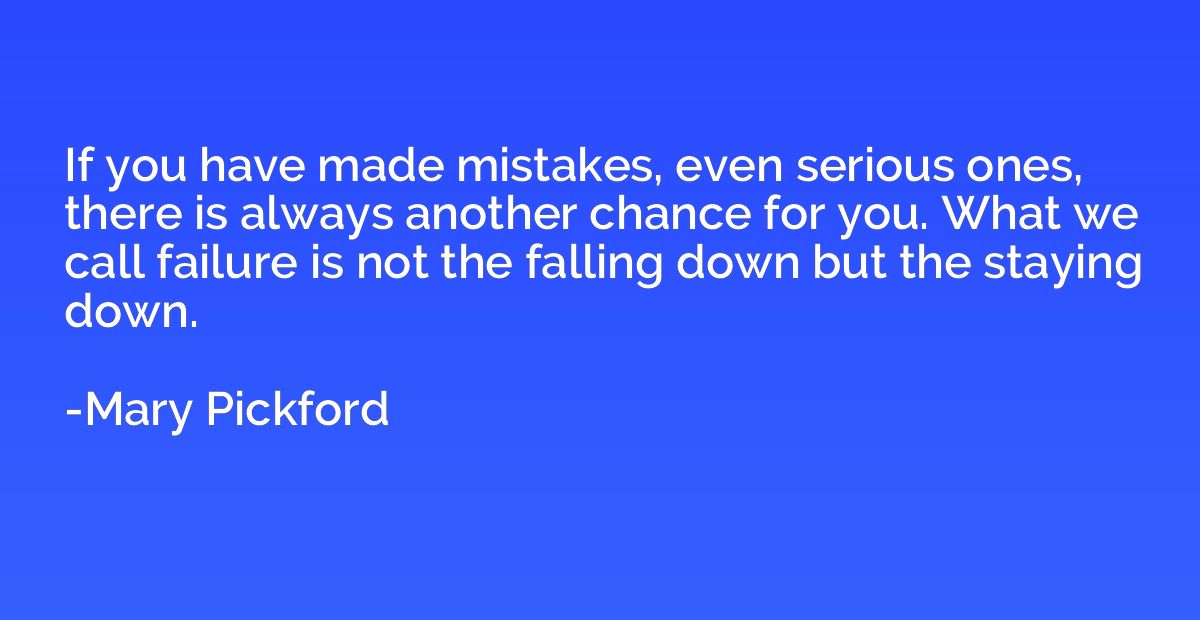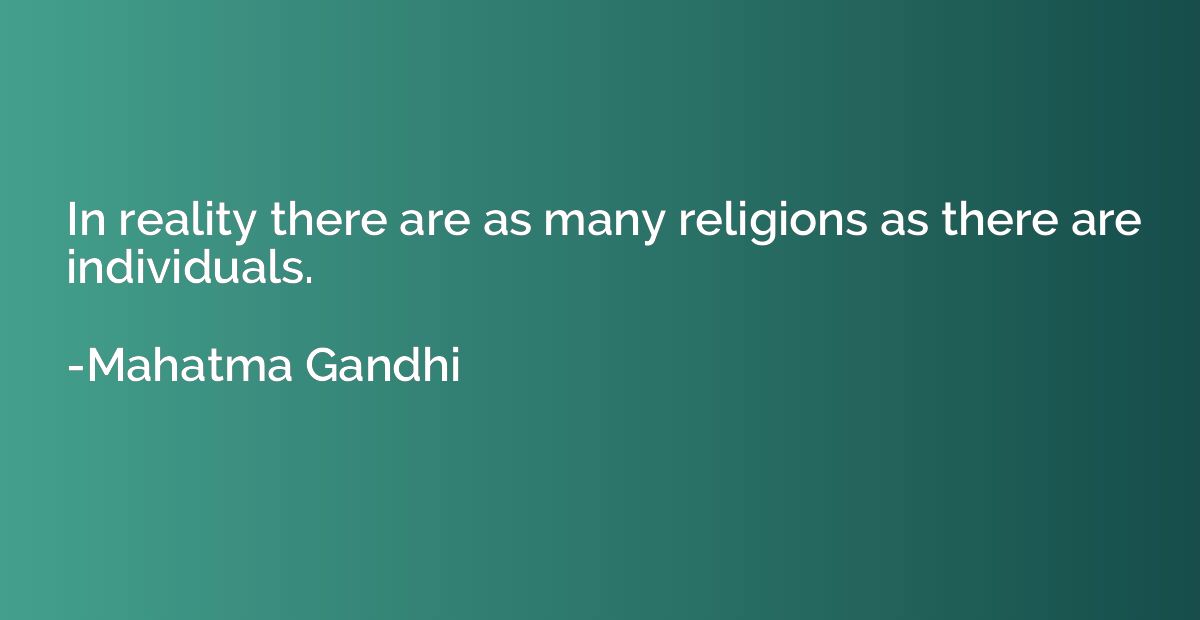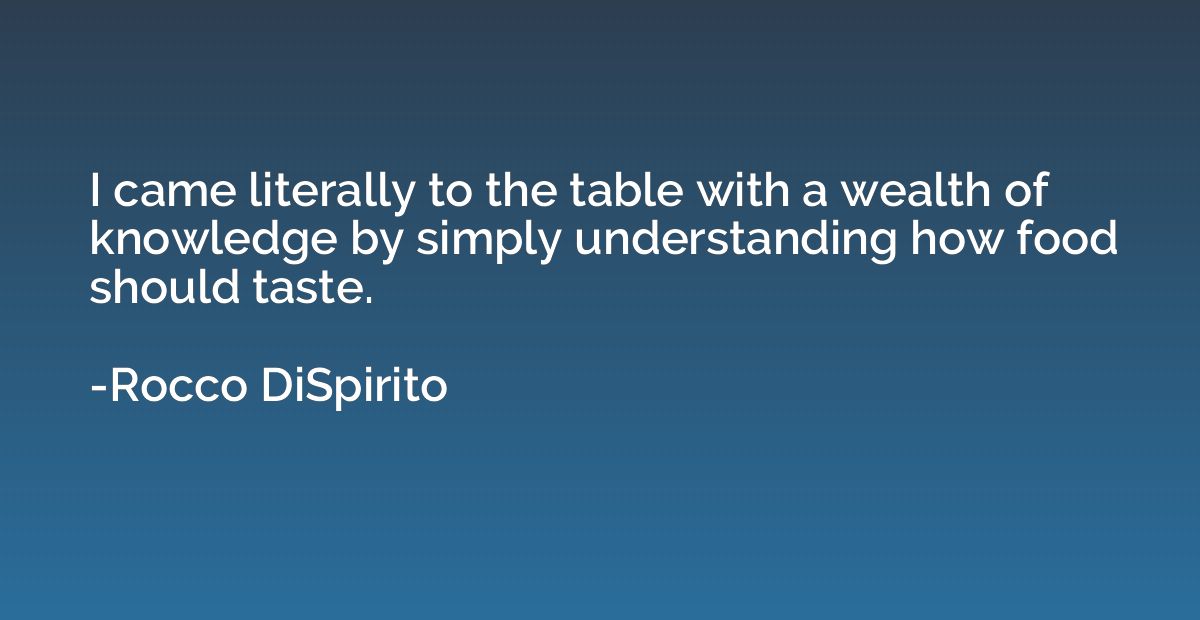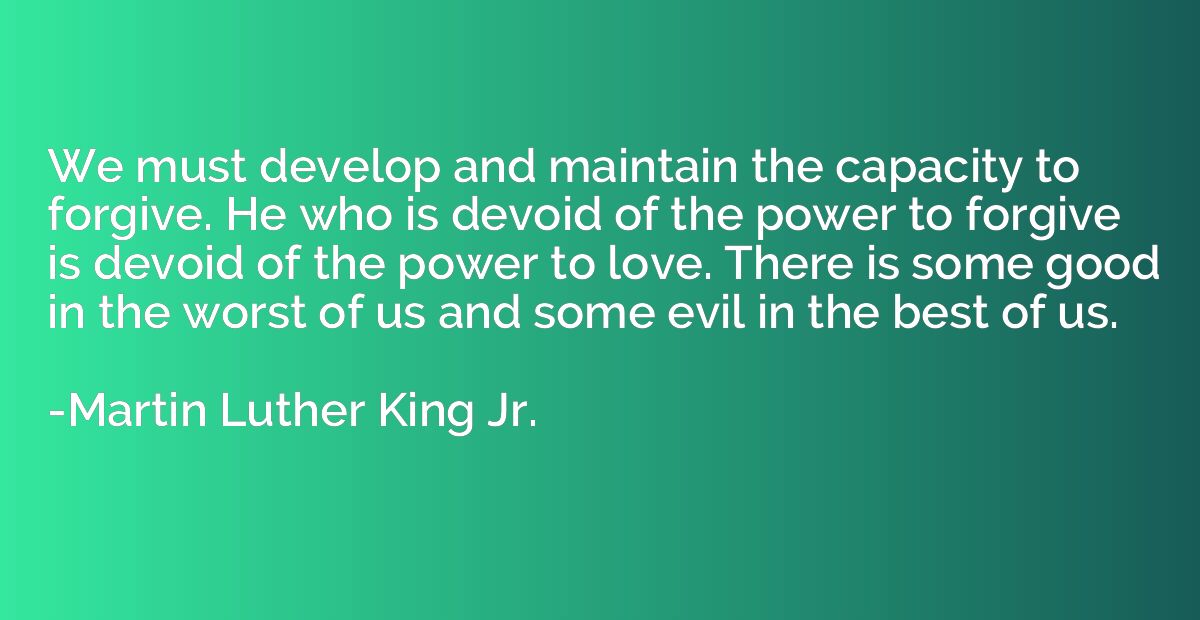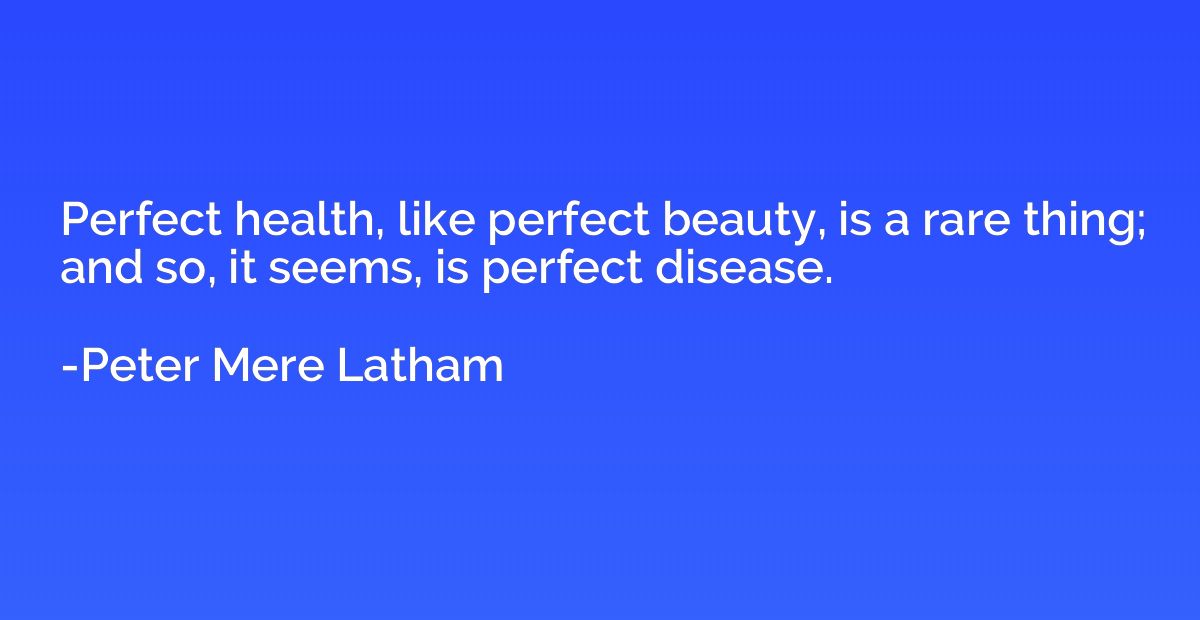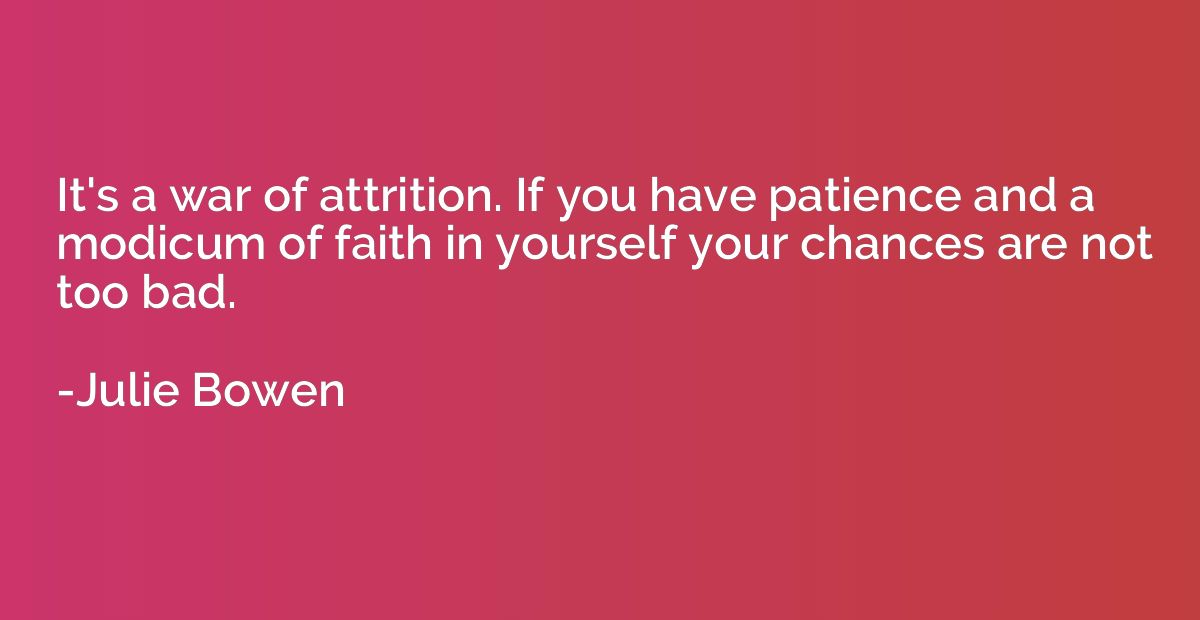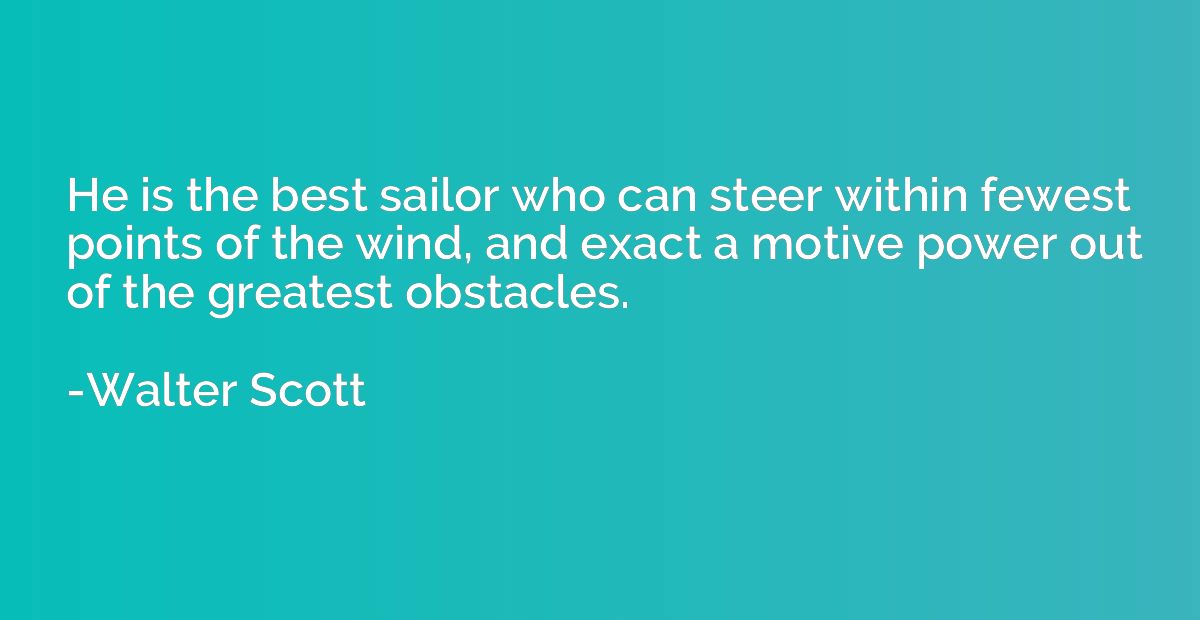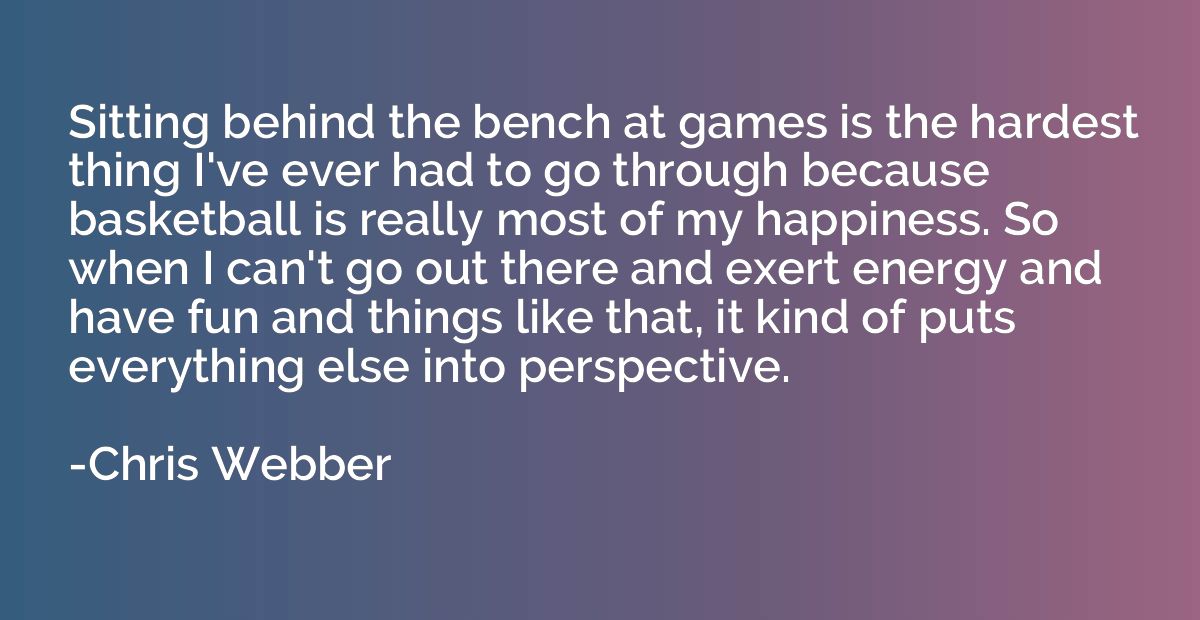Quote by Ally Condie
Everyone has something of beauty about them. But loving let's you look, and look, and look again. You notice the back of a hand, the turn of a head, the way of a walk. When you first love, you look blind and you see it all as the glorious, beloved whole, or a beautiful sum of beautiful parts. But when you see the one you love as pieces, as why's, you can love those parts too, and it's a love at once more complicated and more complete.
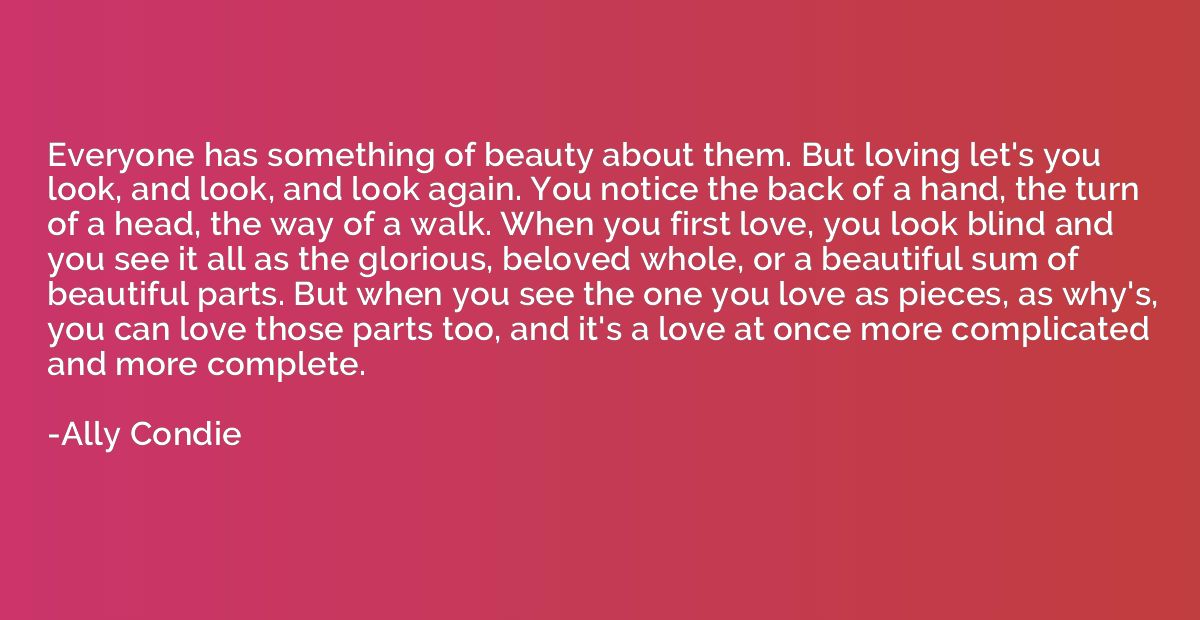
Summary
This quote emphasizes the transformative nature of love. It suggests that when we first fall in love, we view our beloved as an awe-inspiring whole, appreciating their beauty in its entirety. However, as love deepens and familiarity grows, we begin to notice and appreciate the smaller details and quirks that make our loved one unique. This deeper understanding allows us to love not only the whole person but also the individual parts that make them who they are. Love becomes both more complex and more fulfilling when we can embrace and appreciate all the different aspects of our loved one.
By Ally Condie




